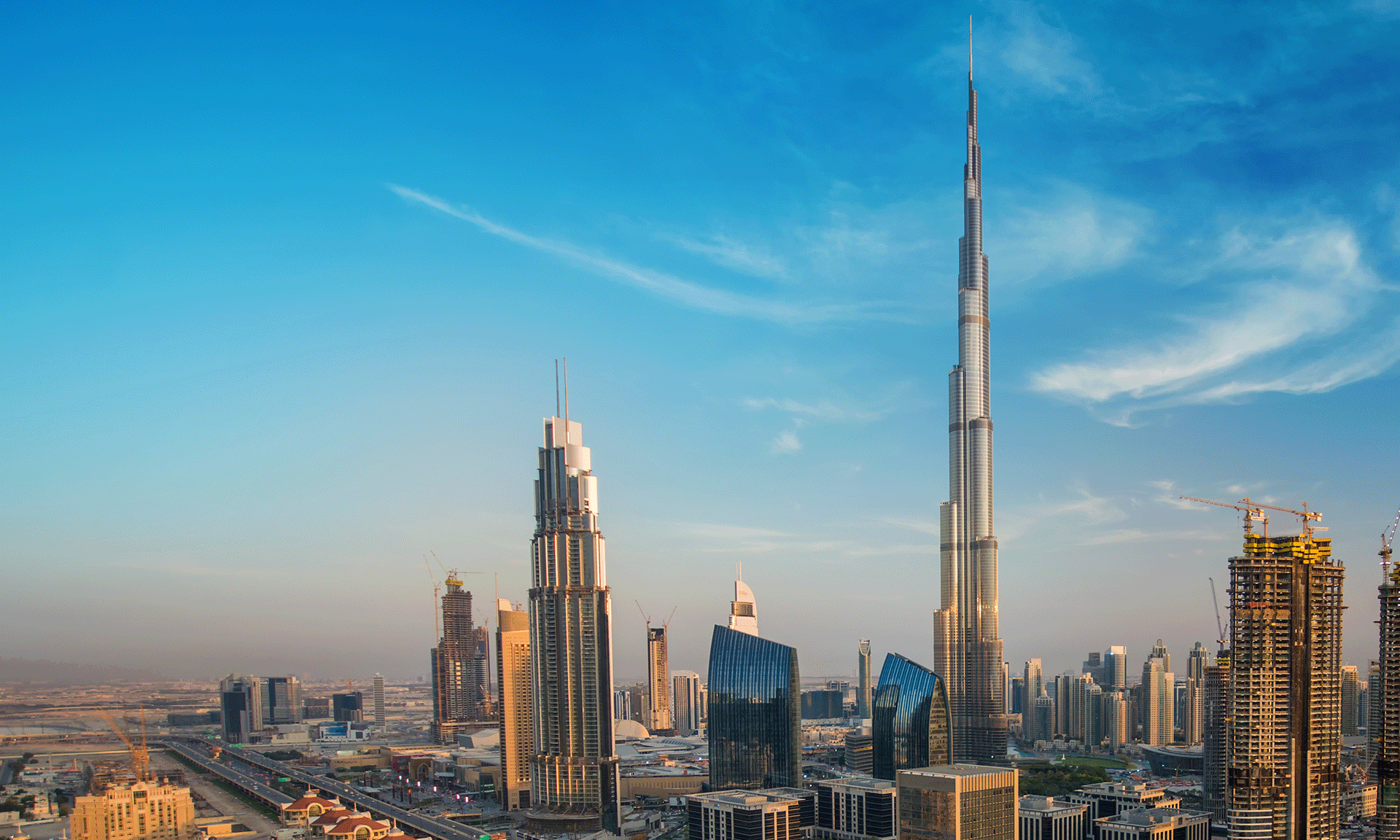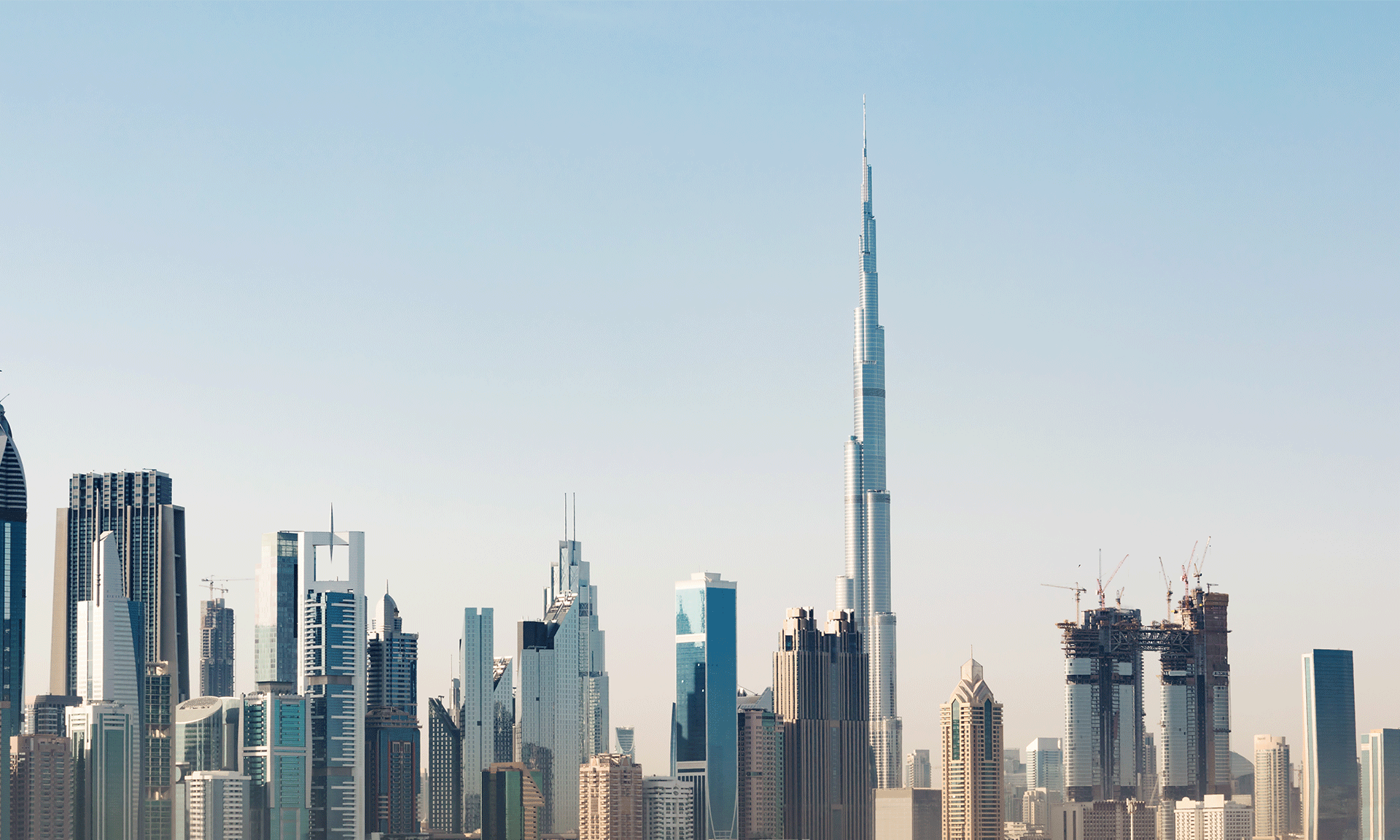On 18th February 2022, India and the United Arab Emirates (UAE), entered into a Comprehensive Economic Partnership Agreement (CEPA) and signed a wide-ranging trade and investment pact, that is set to benefit almost 90% of trade, both exports and imports, between the two nations and boost bilateral trade to more than $100 billion over the next five years.
In a meeting held virtually, the Prime Minister of India and the Crown Prince of Abu Dhabi, and Deputy Supreme Commander of the United Arab Emirates (UAE) Armed Forces, mutually agreed on a futuristic partnership roadmap between the UAE and India for broader economic cooperation. The two countries agreed to work together and address shared global challenges to achieve shared objectives of development and promotion of new trade and investment.
The CEPA was the first bilateral trade accord concluded by the UAE and was also the first for India in the MENA region and was concluded in a record time of just 88 days.
The pact will come into force by May 2022 and the provisions of CEPA will be implemented once the relevant constitutional legalities are put in place by the two countries.
INDIA AND UAE ENJOY STRATEGIC BUSINESS PARTNERSHIP
India is the second-largest trade partner of the UAE, accounting for 9% of the UAE’s total foreign trade and the number one trading partner for non-oil exports, accounting for nearly 14% of total non-oil exports. The UAE, on the other hand, is the third-largest bilateral trade partner of India. The bilateral trade between the two nations is expected to surpass $60 billion in the current financial year.
According to an estimate by the Indian Embassy in the UAE, the UAE’s cumulative investments in India are about $17-18 billion, of which more than $11 billion is in the form of FDI. While India mostly invested in the coal, oil and gas and real estate sectors, the FDI inflow from the UAE has primarily been in the real estate and ceramics and glass. The UAE is the eighth biggest foreign investor of India and its future investments in India are expected to flow in healthcare, infrastructure, and renewable energy sectors.
KEY FEATURES OF INDIA UAE CEPA
STRINGENT RULES OF ORIGIN
The trade pact between India and UAE has enforced stringent rules of origin conditions, with 40% value addition needed on exporting items to prevent routing of products manufactured in third countries to India via UAE.
As per government officials, there is a need for substantial processing of up to 40% value addition under this trade deal and a certificate of origin issued by the Ministry of Economy, UAE. Some high-valued items are kept out of these stringent value-addition requirements.
The deal also incorporates a permanent safeguard mechanism to address issues with a sudden surge in Indian imports.
TARIFF ELIMINATION AND ZERO DUTY ACCESS ON A RANGE OF ITEMS
The trade deal will eliminate 80% tariffs on Indian and Emirati goods, and 100% tariff elimination will take place within 10 years. The pact will provide the UAE zero duty access to 90% of India’s exports to the country in value terms.
Indian products set to benefit are gems and jewellery, textiles and pharmaceuticals while on the UAE side, commodities like aluminum, copper, and petrochemicals are set to benefit from the removal of tariffs.
ONE MILLION JOBS FOR INDIAN LABOUR-INTENSIVE INDUSTRIES
CEPA is expected to generate one million jobs for Indian labour-intensive industries including textiles, gems and jewellery, leather, footwear, sports goods, pharma, plastics, furniture, agricultural items and automobiles. Besides goods, CEPA will also include 11 service sectors and more than 100 sub-sectors that would benefit from the pact including construction, education, tourism, computer-related services, health, travel, nursing, engineering, finance among many others.
India-UAE CEPA will provide automatic registration and marketing authorization of Indian generic medicines within 90 days if approved by FDAs of developed countries including the USA, Japan, EU and UK.
AGREEMENT ON LIBERALIZED VISA REGIME FOR INDIANS
Under India UAE CEPA, a liberalized visa regime for Indians has been agreed including a three-year visa for intra-corporate transferees and a 90-day visa for business visitors and contractual service suppliers from India. The 90-day visa is extendable for contractual service suppliers.
THE NEGATIVE ITEMS AND SECTORS
Some items including dairy, fruit, cereals, vegetables, tea, coffee, tobacco, dyes, soaps, footwear, petroleum, tyres, toys, aluminum scrap, copper, processed marble, among others, have been kept out of the trade pact with the UAE by India. These are part of the negative list of items with a purpose to protect the domestic industry.
Some areas where manufacturing has been robust and sectors wherein the government has introduced production-linked incentive schemes (PLI SCHEMES) have also been put on the negative list,
AGREEMENTS AND MOUs OF INDIA UAE CEPA
The partnership between the two countries has resulted in joint work on several agreements and Memorandum of Understanding (MOU) in different areas as outlined below.
Economy
Some of the economic partnership agreements include establishing a dedicated India Mart in Jebel Ali Free Zone, enhancing investments in infrastructure projects for both countries, establishing a dedicated investment zone for UAE companies for doing business in India, and establishing a food corridor to boost food processing in India.
The partnership also calls for exploring investment opportunities for Indian investors in establishing specialised industrial advanced technology zones and initiating business setup in Dubai, Abu Dhabi and other free zones, in areas of logistics & services, pharmaceuticals, medical devices, agriculture, agri-tech, steel and aluminum.
Security and Defence
The bilateral partnership in this area includes
sharing of experiences, training and capacity building, and defence exchanges and maintaining regional peace and security.
Education
India will set up an IIT in the UAE and for the first time outside India.
Energy and Renewables
The partnership agreement includes collective efforts in attaining the global energy transition in future with the ongoing investment from UAE in India’s renewable energy sector.
Recognising the immediate need for climate action, the two countries agreed to strengthen cooperation for facilitating the implementation of the Paris Agreement. Working closely with the International Renewable Energy Agency (IRENA) and the International Solar Alliance (ISA) has also been part of this agreement besides establishing a joint Task Force for the production of Green Hydrogen.
Advanced Technology
The two sides agreed to collaborate and expand emerging technologies and promote e-businesses and e-payment solution platforms. The agreement also reached on promoting startups and focusing on areas such as agritech, prophecy, fintech, edutech, health care, logistics and supply chain and chip design.
Other Areas
The two countries entered into partnership agreements in other areas including International Corporation, Health Cooperation, Food Security, Skills and Cultural Cooperation.
MOUs
Two MOUs reached are
- MOU between India’s Gift City (IFSCA) and Abu Dhabi Global Market (ADGM)on financial space including projects and services
- MOU between India’s Agricultural and Processed Food Products Export Development Authority (APEDA) and the UAE’s DP World and Al Dahra on Food Corridor as a food security agreement
CEPA BENEFITS – INDIA
1 Greater access to the GCC and North African markets including markets in Europe and the Commonwealth of Independent States (CIS)
2. Increased business prospects for ready-made apparel and jewellery exporters
3. Cheaper imports of gold and plastic due to reduced tariff
4. Access to certain European countries and Africa
5. Increased Access to 40 free zones in UAE
CEPA BENEFITS- UAE
UAE’s economy is expected to grow by 1.7% in 10 years with a value of $9 billion with this CEPA with India including increased exports by 1.5% amounting to $7 billion, increased imports by 3.9% amounting to $14 billion, and increased employment, generating 140,000 new high-skilled job opportunities.
CONCLUSION
The CEPA between India and UAE is a win-win deal and has spread waves of new hopes amongst the stakeholders across industries of both countries. UAE’s strategic location is all set to open new trade vistas and Dubai company incorporation.























 IMC Group
IMC Group